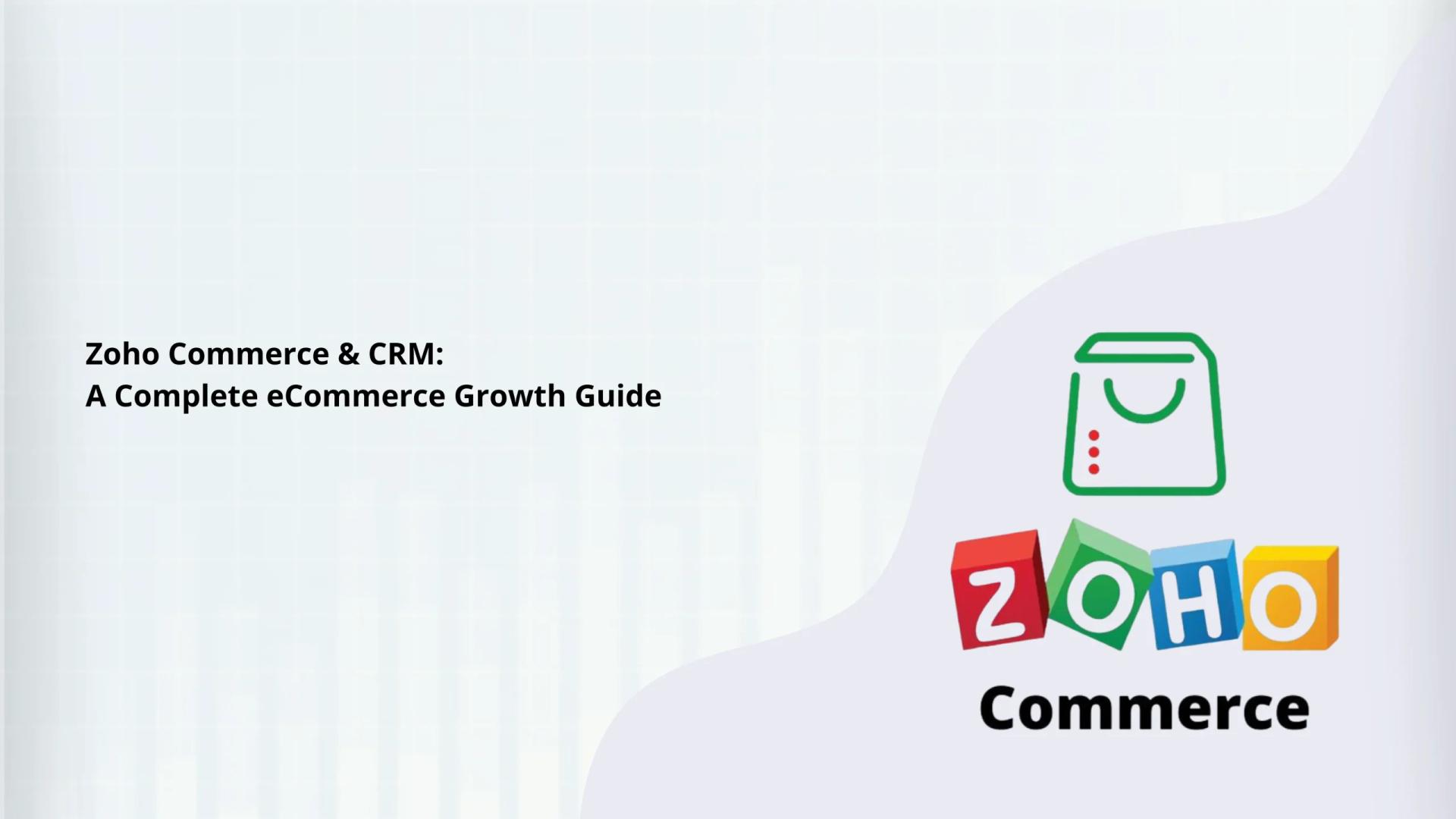1. Budget and requirement
The first thing you must keep in mind while selecting an SEO tool is your budget and business requirements. There are numerous SEO tools present in the market but you need not have an access to all of them. A mix of both free and paid tools is always an efficient way to get among the top ranking websites. Find out your requirements and then plan out which tools will maximize your profits at minimal costs. For example, you might need SEO Tools for- SEO, Keyword Research, Marketing Automation, Checking Page speed, Indexing your site, Link Analysis, Analysing Competition, Analyzing your Traffic, SEO Audit report, Rank Tracking, Trending Topics etc. After listing out the key needs of your business, select the Optimization Tools that you find profitable for your business and suits your budget.
For Example
Let’s say you have to perform SEO Audit for your Website and your budget is moderate. The two best options you are considering are MOZ and SEMrush. Both provide quality SEO Audit but Moz charges a bit higher to fit your budget whereas SEMrush is charging moderately for the same service. In that case, You should go for SEMrush as it fulfills your requirement and at the same time is available at a lower cost.
2. Streamlined Features
Next, Seo tasks are many and one can easily get confused, so one should opt such an SEO tool that is able to perform various tasks in one place. An SEO tool must be able to streamline the processes into one toolkit. Tasks like posting on social media, generating XML sitemap, tracking the traffic on search engines, performing website audit, all these features can be streamlined into one toolkit for a better understanding of various aspects of optimization in a simpler way at one place.
For example
All in One SEO Pack tool is used for complete SEO check-up of your website. It has all the features of SEO Yoast plus some additional unique and basic features like- generating description tags automatically, creating and submitting XML sitemaps to search engines, blocking bad bots, adding social media data to the website. Such Streamlined toolkits make it easy for you to do your SEO work effectively.
3. Platforms and Tools Compatibility
One must also understand how important it is to check the compatibility of SEO tools with the platforms they are using, for managing their websites. Sometimes tools might not work well as expected because of the compatibility issues. One must be well aware which tools work best on what platforms.
For example
GenerateWP, Duplicator, WordPress Site Manager are a few tools that are designed to work well on WordPress platform to give the WordPress users a better experience.
4. User-Friendly Interface
The simplicity of tools helps to get the work done efficiently in the minimum amount of time. It is utterly important to purchase user-friendly Tools. You don’t want to be wasting time training your employees to understand the complex SEO Tools that they might not even be able to get hold of properly. In such a case your business might suffer severely. There is a vast array of SEO tools available but go for the ones that are easy to use and understand.
For example
Botify is a website auditing tool which represents the complex information in simple terms and is very easy to understand. It provides you with all the details about the HTML errors, how much content the visitor read on your site and the loading speed of your website in a user-friendly format.
5. Data accuracy
Reliability of any Tool is as effective as the source from which it got the data on which all the further processes will be carried out. If the source of information isn’t reliable then how can you rely on the effectiveness of that tool. Data inaccuracy is an issue with various SEO tools with non-reliable sources of information. An important factor to consider is how the SEO tools gather their data for further operations, so invest in tools have trustworthy data sources.
For example
Raven tools collect the data from various reliable sources like- Google Analytics, Google Search console, Google Adwords, SEMoz in order to carry out further processing for SEO purposes like managing online campaigns, Social Media Management, Content Management, Competitor Analysis, Link Analysis. Decisions made based on precise data always hit the marketing goal without fail.
6. Regularly updated tools
SEO tools you opt must be the ones which are updated regularly so as to be inline with the latest technological advancements. An obsolete Tool is hardly of any value once new technologies come in place and it isn’t compatible anymore. Choose only those tools which are regularly updated to keep up with the pace of new software developments.
For example
SEO Yoast keeps updating itself so as to be able to incorporate new features and be compatible with other software. The newest version has been updated so as to enhance it’s compatibility with WooCommerce 3.0. Other than that regular bug fixes, improved language strings and continuously striving to make it easier to understand is taken care of in the updates.
7. Easy Reporting and documentation
The basic requirement of tools used for optimizing the website is that they must be able to interpret the data into meaningful results which helps in reporting and documentation of the data gathered. Marketing strategy planners constantly have to monitor the performance of their online campaigns by checking the reports generated by such tools to plan further improvements in SEO tactics. The tools are of no use if they fail to convert the information into meaningful results which can’t be analyzed.
For example
Google Analytics is the best example of reporting and documenting complex data to derive conclusions. This tool is used to track and report website traffic. Businesses can find out which internet marketing campaigns are bringing most of the traffic and conversions, where website visitors are located, what people are searching on their site only because the reports it provides are very easy to grasp.
8. Online Marketing Metrics
You need analytical tools to monitor the performance of your online marketing activities and on social media as well. You have to keep the tabs on whether the traffic is being converted into customers or not. Various tools are available for keeping an eye on your website and social networking performance. Measurement of the performance precisely is also a major factor which must be taken into consideration while choosing SEO checker tools.
For example
Buffer is used for tracking the performance of your social media content. It saves a lot of time social media managers as it streamlines the process of analyzing user engagements on various social media platforms. This tool is used for optimal social media management by business all over the world.
9. Technical support:
Before choosing an SEO tool check whether the software provider will also give you proper technical support after the purchase of their product. Will they provide you all the help you need to set up the tools the way you want to. In future the software might crash or create some problem, in that case, are you certain that the SEO Toolkit providers will troubleshoot your problem without question.
For example
Moz is well known not only for providing an array of SEO tools like Moz analytics, Open site explorer but it also provides any technical assistance needed after the purchase of their products. Moz provides great technical assistance to their customers long after purchasing their product.
In a nutshell, the ultimate goal of a company is to make money. Purchasing lots of SEO tools won’t help it getting profitable business, but wisely estimating which tools best suit the business goals will. Without proper guidance from Professional SEO Services providers, one can’t figure out which tools to use for their business. Choosing Search engine optimization Services can help them select tools according to their business requirements.











